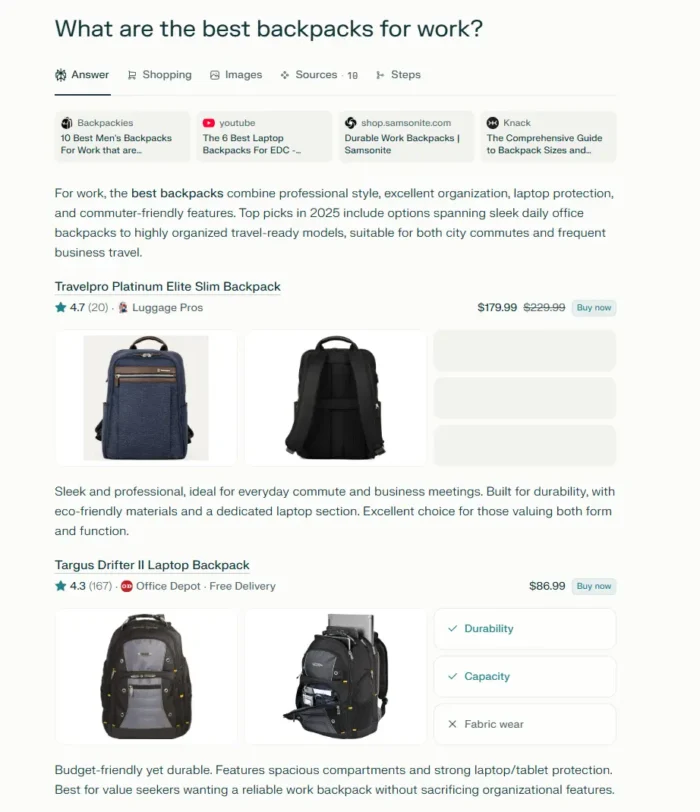Big brands leave Russia, taking a stance despite sales hit
McDonald's will surrender $50 million in revenue every month its temporary pause lasts; beverage brands likely to take a bigger hit.

Big global brands like McDonald’s, PepsiCo and Coca-Cola Co. will absorb substantial financial hits as a result of their decisions this week to shut down their respective operations in Russia following the country's invasion of Ukraine.
Executives for all three companies described agonizing debate over departing, citing in part an obligation to feed and employ citizens where they do business. (PepsiCo will continue to sell essentials such as baby food.) But experts contacted by Ad Age are praising the response. They said brands more than ever have to be prepared to weigh in on conflicts they may not involve them directly and use their financial might to effect change in ways they once might not have. The Russian invasion of Ukraine, to many, represents an attack on Western democracy.
McDonald’s, which temporarily closed nearly 850 restaurants in Russia, will feel a pinch of about $50 million for every month without operations there, its chief financial officer, Kevin Ozan, said during a presentation for investors on Wednesday, a day after the world's largest restaurant company announced its plans. Coca-Cola’s lost business could reach as much as $64 million a month as it puts the brakes on a Russian beverage business that accounted for up to $773 million in sales last year, or about 2% of its worldwide total, according to 2021 financial filings. PepsiCo, which makes and sells beverages and snacks in Russia and was one of the first Western brands to establish a significant operation there, is missing out on around $250 million monthly in operating revenue from the shutdown, based on last year’s figures. PepsiCo has sold there since the early 1960s, according to reports.
Read the latest news on industry responses to the Ukraine war.
“Normally, I advise riding these situations out,” said Gene Grabowski, a partner in the Washington PR firm Kglobal who specializes in crisis management for brands. “Most of the time, the pressure is short-lived, and it moves on. This is one that transcends business. It could have a lasting impact not just on brands and their reputations, but on their legacy.”
Get your ticket for the April 5 Ad Age Next: Retail event at AdAge.com/NextRetail.
Grabowski described advising a slate of corporations uncertain about what actions to take with their businesses in Saudi Arabia in the wake of the 2018 assassination of journalist Jamal Khashoggi, an event later revealed to have been planned for and covered up by, high-ranking Saudi officials.
“I had clients like law firms, and service companies with contracts in Saudi Arabia asking me, 'should we withdraw?' And my counsel to nearly all of them was no,” Grabowski said. “Nobody is going to remember in two or three weeks who stayed and who left, but the clients that are watching you will see you’re cutting and running. So the answer for many clients was stay the course, and it proved to be the right one.”
Bill Daddi, president of Daddi Communications, said the moment calls for resolute action but cautioned there was danger in brands that would leverage those positions.
“When brands take sides on contentious issues there’s the concern that you’ve got two sides of the story in the marketplace and it’s a difficult path to navigate because brands with large-scale appeal, like McDonald’s, can’t afford to alienate a segment of their audience,” Daddi said. “Ukraine is a unique instance, with such broad-scale support to take an active stance—not just making statements, but taking actions. So it’s a situation where brands don’t have much of an option.”
Having taken action, Daddi expects big brands now to “let their statements speak for themselves,” or risk giving consumers the indication that they’d be obligated to weigh in on additional crises, big and small. Domestic situations, like the social justice movement of 2020, did capture brand attention with efforts now underway to recruit more diverse senior leadership, and devote more attention to the environmental impacts of their businesses. But these moves arguably come with the potential to drive better results and appeal to investors in a way that revenue losses from pulling out of a country do not.
Subscribe to Ad Age now for the latest industry news and analysis.
“They don’t want to set a precedent of brands becoming activists,” he said. “Consumers already expect brands to take stances, even as brands try to avoid taking sides on sensitive issues. This is much more common today than anything we’ve seen only a few years ago.”
'This is about a threat to Western democracies'
Tim Calkins, a marketing professor at Northwestern University said brands are “nervous” about setting other precedents—like only operating in places where they are in agreement with the policies and leadership. “It’s impossible to predict what’s going to happen; tomorrow the whole story could be different,” he said. “So you can’t make a rash decision. You need to preserve your flexibility and not close the door forever.”
McDonald's announcement to temporarily shut down its restaurants in Russia came as the brand faced pressure from investors, rating agencies and consumers to respond to Russia’s invasion of Ukraine. McDonald's has operated in Russia since 1990.
“As you would imagine, this is a really challenging and complex situation for a global brand like us,” Ozan said in remarks at the virtual UBS Global Consumer & Retail Conference, according to a Sentieo transcript. “We've been doing business in Russia for decades. We are certainly a part of the communities throughout the country where we feed and support a lot of people in the country.”
McDonald's made it a point of saying it would continue to pay its 62,000 staff and restaurant employees for the duration of the shutdown, although officials cautioned that there is no telling how soon its restaurants could reopen. Accompanying charitable donations focused on feeding refugees and humanitarian aid totaling $5 million were also announced.
“There are events that transcend business, and this is one of them,” Grabowski added. “This is about a threat to Western democracies and about wanton and widespread destruction of a culture and a system of government, and it had to be stopped. And the only weapon that Western democracies have now are financial ones, and so it’s important that countries and brands stand together. If you only make a statement, you’re giving tacit approval to what Russia is doing, and if that’s not stopped, you won’t have a business.”
Not all U.S. brands have departed Russia quite yet. Burger King is sticking with its 800 restaurants there, all of which are operated by Russian franchisees. Those companies are redirecting profits in the form of food vouchers for Ukrainian refugees across Europe.
Papa Johns’ 188 franchised restaurants are remaining in Russia, but won’t have support from the parent brand, which on Wednesday announced it has “ceased all operational, marketing and business support to, and engagement with, the Russian market,” adding that it is not receiving any royalties from those operators.
Royalties from Papa Johns franchised locations in Russia contributed less than 1% of total company revenue in 2021, the pizza chain reported.
Read the latest news on industry responses to the Ukraine war.

 AbJimroe
AbJimroe 
































